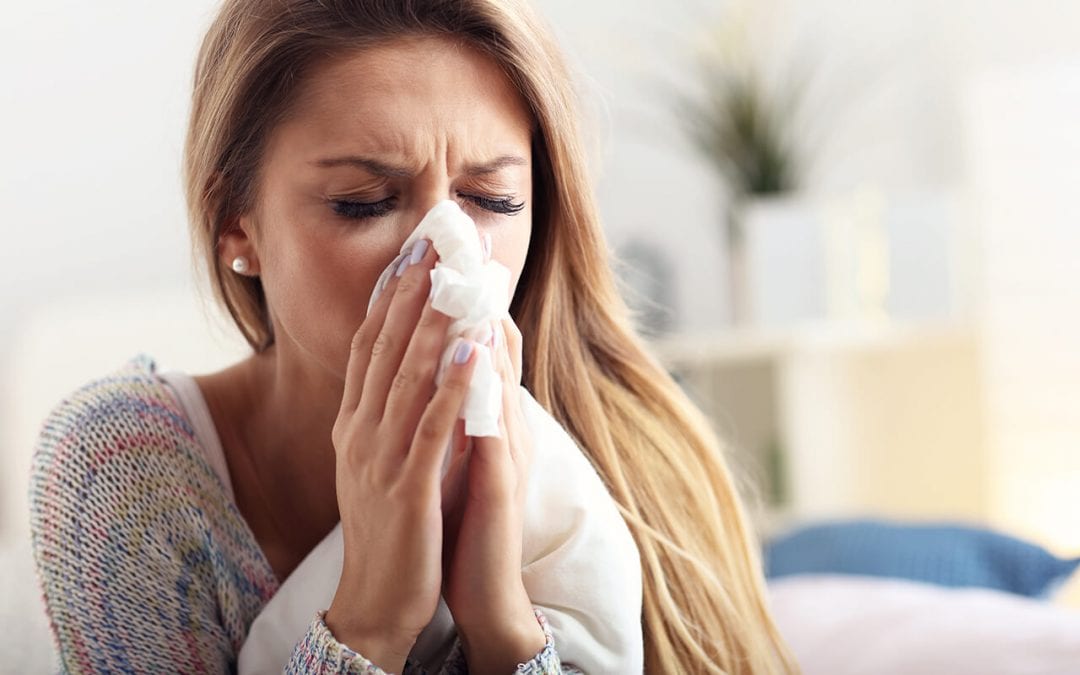HEPA or high-efficiency particulate air filters remove allergens from the home that can cause poor indoor air quality. With regards to improving air quality in your home, here are some things these filters can and cannot do.
The Beginnings of HEPA Filters
HEPA filters were developed in the 1940s to protect workers from breathing radioactive particles in the air at nuclear facilities. They starting being used in hospitals in the 1960s to keep germs in the air from spreading.
Today, HEPA filters have gained popularity in the home where they are used in air purifiers, air filtration systems, vacuums, and other appliances. The EPA has stated that HEPA filters can remove airborne pollutants as small as 0.3 microns at a rate of more than 99%.
HEPA Filters Relieve Allergies
Dust, dander, and pollen can lead to respiratory symptoms for people suffering from allergies and asthma. Airborne particulates may cause watery eyes, trouble breathing, sore throats, and sneezing.
HEPA filters can trap airborne particulates that cause allergy symptoms. Use these filters in HVAC systems and portable air purifiers to trap contaminants from the air. Removing allergens from the indoor air will help your household breathe easier.
What HEPA Filters Do and Don’t Remove
Although HEPA filters work well, they don’t remove all airborne particulates like viruses, mold, and bacteria that have released endotoxins that are smaller than 0.3 microns. Volatile organic compounds (VOCs) are small enough to pass right through the HEPA filter. The best way to keep VOCs out of your home is to avoid buying products that contain them.
Read the Labels
True HEPA filters remove airborne contaminants at a rate of 99.7%. Sometimes companies will say that a product has a HEPA-like filter. This is not the same as a true HEPA filter.
Household Items That Use HEPA Filters
You will find HEPA filters in certain vacuums, air purifiers, and HVAC systems.
Vacuum Cleaners with HEPA Filters
Vacuums with HEPA filters help to get rid of airborne particles like pet dander, dirt, and pollen. It’s good to have a high-quality vacuum that uses a HEPA filter because they are more effective at getting rid of dust and other allergens.
Air Purifiers with HEPA Filters
Portable air purifiers with HEPA filters are essential for reducing contaminants in the air. Air purifiers can run all the time and may also reduce household odors.
HEPA Filters in the Home
There are HEPA filtration systems designed for the whole house that remove contaminants from the air through the HVAC system in the home. These systems work as air purifiers for the entire home, whereas portable air purifiers are effective at cleaning one room.
Replace Your Filters
Replace or clean HEPA filters regularly so that they don’t become clogged. It is recommended that the filters be replaced at least twice as often as you would with non-HEPA filters.
Always read the instructions for filters because it depends on the appliance. You may need to change or clean a vacuum’s HEPA filter in the home more often than one in an air purifier. The cost of replacement filters can range anywhere from $10 to $50.
Premier Inspection Services serves upstate New York with home inspection services. Contact us to schedule an appointment.

